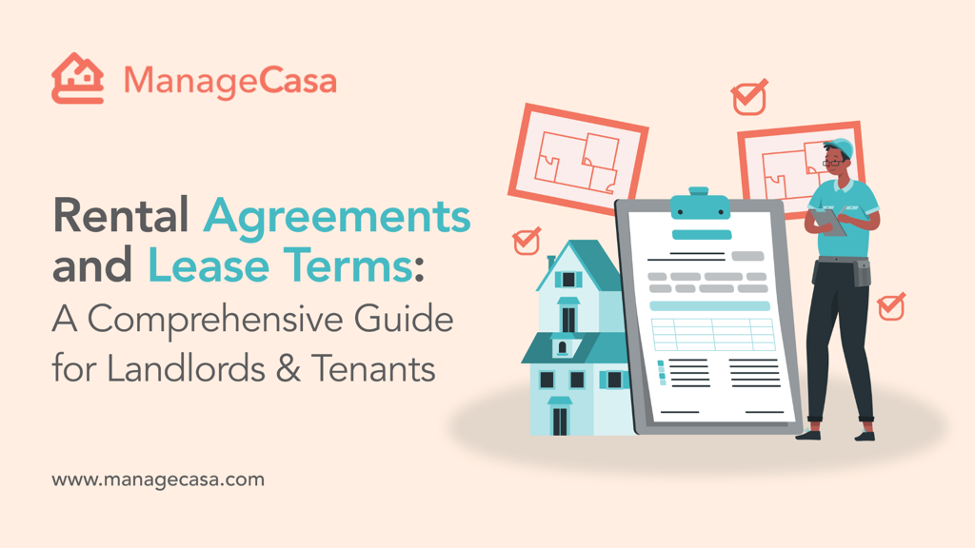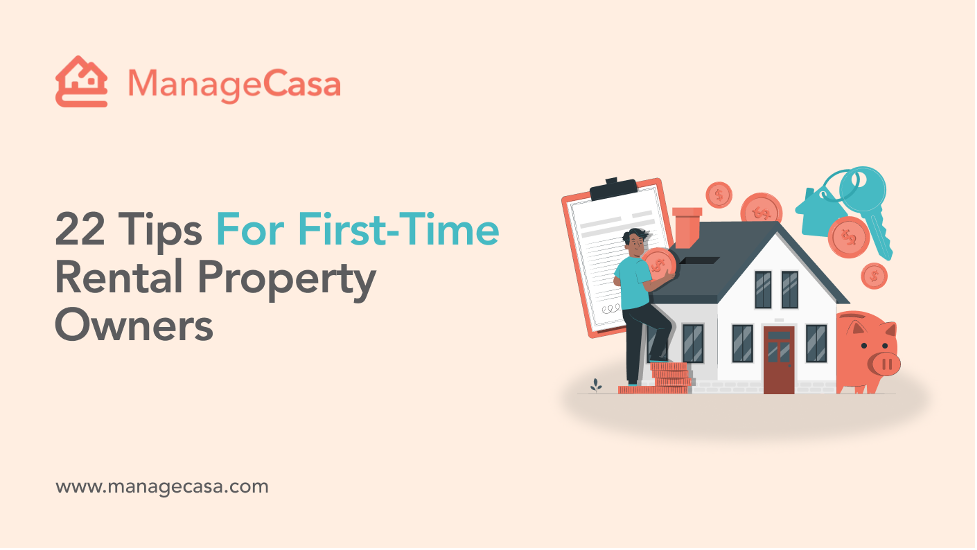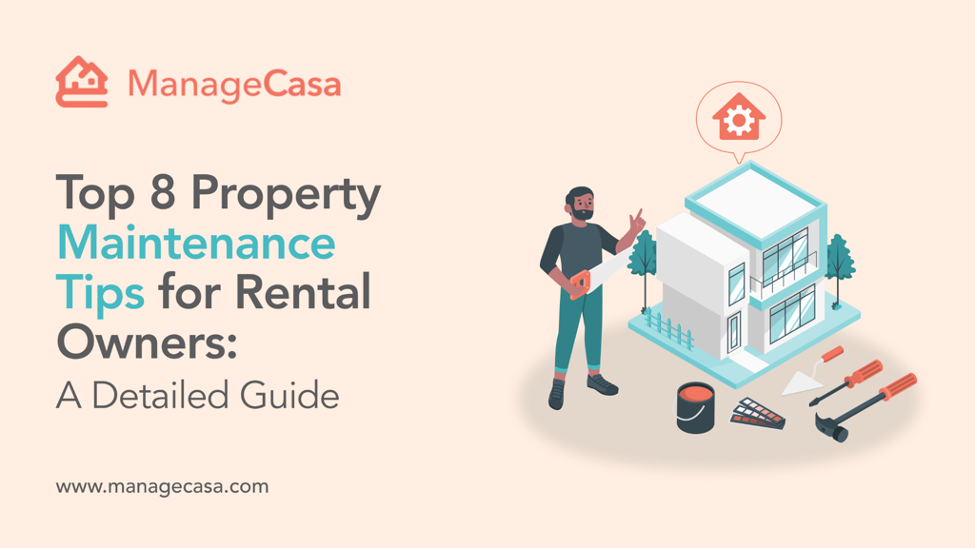Top 10 Common Disputes Between Tenants and Rental Owners
Think of the landlord-tenant relationship like a road trip.
When everyone knows the rules of the road, it’s a smooth & enjoyable ride. But just like on any trip, things can go wrong. Maybe there’s a disagreement about who pays for gas (rent issues), what music to play (nuisance complaints), or where exactly you’re headed (lease disagreements). Knowing what to expect on the journey can make all the difference.
The Reality of Rental Disputes
58% of renters report disliking at least one landlord, and 1 in 4 are unhappy with their existing landlord. The top complaints driving this dissatisfaction are slow responses to maintenance requests, poor communication, and a lack of professionalism. Alarmingly, 31% of renters report landlords entering their homes without proper notice, and 21% have experienced legal conflict with their landlords.
Moreover, misunderstandings, financial conflicts, and legal complexities can quickly turn a peaceful ride into a frustrating detour. But just like good communication and clear expectations can prevent roadblocks on a trip, understanding common rental disputes and how to resolve them can avoid unnecessary conflicts and ensure a smooth experience for landlords and tenants.
In this blog, we’ll review the 10 most common disputes between tenants and rental owners and offer practical solutions to help avoid unnecessary tension and improve the rental experience. Buckle up—let’s get started!
Common Disputes Between Tenants and Rental Owners

1. Rent Payment Issues
Rent disputes are one of the most common landlord-tenant conflicts. While 54% of landlords raise rent every other year and 25% do so annually, unexpected increases and financial difficulties often create tension.
Common Causes
- Tenants fall behind on rent due to financial struggles.
- Unexpected rent increases without proper notice.
- Tenants dispute additional fees like maintenance charges.
Resolution Strategies
- Clearly Define Payment Terms – Lease agreements should outline due dates, penalties for late payments, and accepted payment methods.
- Offer Multiple Payment Options – Online payments, automatic payments, and digital reminders can help ensure timely payments.
- Negotiate Payment Plans—If tenants experience temporary financial hardship, landlords may consider a one-time payment extension or structured payment plan.
2. Security Deposit Disputes
Trust plays a key role in avoiding disputes, especially regarding security deposits. The question
about how to handle security deposit disputes, becomes one of the biggest concerns for both parties.
Common Causes
- Tenants disagree with deductions for damages.
- Landlords delay deposit refunds.
- Deposits are not kept in a separate account (as law requires in some areas).
Resolution Strategies
- Document the Property’s Condition – Conduct move-in and move-out inspections with photos/videos to provide evidence of damage.
- Provide an Itemized Deduction List – Landlords should explain each charge in detail if deductions are made.
- Follow State Regulations – Many jurisdictions set deadlines for returning deposits, and failing to comply can lead to legal consequences.
Security deposits are often a hot topic in landlord-tenant relationships. Knowing your rights can help prevent issues before they arise. To stay informed, check out 7 Essential Tenant Rights and Rental Owner Obligations Every Renter Should Know.
3. Maintenance and Repairs
A significant cause of stress is the resolution of repairs– with 79% of tenants saying landlords who are rude about making repairs frustrate them more than rent hikes.
Common Causes
- Slow or unaddressed repair requests.
- Disagreements over who is responsible for specific fixes.
- Differing views on what constitutes an emergency repair.
Resolution Strategies
- Set Clear Maintenance Policies – Specify which repairs are the landlord’s vs. the tenant’s responsibility.
- Use a Repair Request System – An online maintenance request form or hotline can ensure timely responses.
- Schedule Regular Property Inspections – Routine checkups can help catch maintenance issues before they become serious problems.
4. Noise and Nuisance Complaints
Noise complaints in rentals are frequent, often causing disputes between tenants and landlords. Handling noise complaints starts with clear communication and mutual understanding. To improve your conversations with your tenant or landlord, read 10 Communication Tips for Tenants and Landlords: How to Keep a Healthy Relationship .
Common Causes
- Loud music, parties, or disturbances late at night.
- Conflicts between multiple tenants in the same building.
- External noise sources like construction or businesses.
Resolution Strategies
- Set Noise Policies in the Lease – Establishing quiet hours can prevent conflicts.
- Encourage Open Communication – Tenants should first try to resolve noise issues amicably.
- Use Written Warnings Before Legal Action – Formal notices can serve as an effective deterrent.
5. Pet Policy Disagreements
Pet policy disagreements in rental properties are common, especially regarding service animals and pet-related damages.
Common Causes
- Tenants are keeping pets despite a no-pet policy.
- Landlords not accommodating service animals (violating fair housing laws).
- Disputes over pet-related damages.
Resolution Strategies
- Define Pet Rules in Lease – Set clear pet rules and reasonable pet deposits.
- Understand Legal Protections for Service Animals – Federal law requires reasonable accommodation.
- Charge Fair Pet Deposits – Ensure charges are reasonable and justified.

6. Unlawful Eviction Protections for Tenants
Evictions are complex, and 81% of landlords expressed that a tenant’s willingness to get renters insurance helps make a lease deal (or end it). Ensuring that tenants are aware of lease termination policies can prevent disputes.
Common Causes
- Tenants fail to pay rent or repeatedly violate the lease.
- Landlords do not follow the proper legal eviction process.
- Tenants refuse to vacate after the lease has ended.
Resolution Strategies
- Provide Proper Notice – Following local eviction notice requirements can prevent legal issues.
- Seek Mediation Before Legal Action – A resolution may be possible without eviction.
- Document Lease Violations – Keeping records of warnings and notices can help if legal action becomes necessary.
7. Mold and Health Hazard Tenant Disputes
A thriving landlord-tenant relationship is built on mutual respect. Nearly 3 in 4 tenants said that a good landlord is quick to act on property issues and cares about maintaining their property. Tenants expect their living environment to be safe and hazard-free. Mold and other health hazards can cause serious disputes if not addressed promptly, leading to potential legal and financial repercussions.
Common Causes
- Loud music, parties, or disturbances late at night.
- Conflicts between multiple tenants in the same building.
- External noise sources like construction or businesses.
Resolution Strategies
- Set Noise Policies in the Lease – Establishing quiet hours can prevent conflicts.
- Encourage Open Communication – Tenants should first try to resolve noise issues amicably.
- Use Written Warnings Before Legal Action – Formal notices can serve as an effective deterrent.
8. Privacy and Entry Rights
Tenants value their privacy in rental units, while landlords are responsible for maintaining the property. Prompt property maintenance is a high priority for renters, making it essential for landlords to find the right balance between respecting tenant privacy and conducting necessary inspections.
Common Causes
- Landlords enter units without prior notice.
- Tenants refuse reasonable access for repairs or inspections.
- Conflicts over emergency access vs. scheduled visits.
Resolution Strategies
- Follow Local Entry Laws – Many jurisdictions require 24-48 hours’ notice before entry.
- Document Entry Notices – Sending written notices via email or certified mail provides a record.
- Balance Privacy and Maintenance Needs – Scheduling inspections at convenient times can minimize disputes.
9. Parking and Common Area Disputes
Parking and common area disputes are frequent in multi-unit properties, leading to frustration and potential conflicts between tenants and landlords.
Common Causes
- Tenants park in unauthorized spots, leading to conflicts with other residents.
- Insufficient or unclear parking allocations.
- Disagreements over access to shared facilities such as laundry rooms, gyms, or recreational spaces.
Resolution Strategies
- Define Parking and Common Area Rules—To set expectations upfront, Lease agreements should clearly outline parking policies and shared facility access.
- Use Signage and Assigned Spaces – Properly marked parking spots and visible signage help avoid confusion and unauthorized parking.
- Enforce Rules Fairly – Implement a consistent and transparent enforcement process to ensure compliance without favoritism.
- Establish a Complaint and Resolution Process – Provide a formal way for tenants to report issues and seek solutions without unnecessary conflict.
10. Utility and Billing Disputes
Utility and billing disputes often arise due to unclear billing responsibilities, shared expenses, or unexpected rate hikes.
Common Causes
- Disagreements over utility costs and responsibilities.
- Unexpected increases in shared utility expenses.
Resolution Strategies
- Clearly Define Utility Responsibilities – Specify which utilities tenants are responsible for.
- Provide Usage Transparency – Smart meters or itemized bills can clarify charges.
- Address Billing Issues Promptly – Quick resolution prevents escalation.
Clear lease agreements, open communication, and proactive property management can avoid many disputes between tenants and landlords. Since most landlords believe paying rent on time is the most critical tenant quality, maintaining a professional relationship built on trust and accountability can ensure a smooth rental experience for all parties involved.
Nevertheless, if you’re a landlord constantly seeking the perfect balance while renting property, we can help! Are you wondering how? Take a look.
Optimize Rental Experience with ManageCasa’s Expert Support
A strong landlord-tenant relationship is the foundation of a successful rental business. From timely rent payments to clear lease agreements and effective property maintenance, fostering mutual understanding can help prevent conflicts before they arise. Open communication and proactive management are essential in ensuring a smooth rental experience for both parties.
For landlords looking to streamline operations, ManageCasa offers a comprehensive property management solution to simplify rent collection, maintenance tracking, and tenant communication—all in one platform. By leveraging the right tools and best practices, landlords can minimize disputes, enhance efficiency, and create a more positive rental experience.
Effortlessly streamline rental operations with powerful automation and innovative tools that help you stay organized and efficient.
- Seamless Tenant Screening: Reduce risk and onboard quality tenants with TransUnion and Stripe-powered screening tools.
- Automated Rent Collection: Say goodbye to late payments with flexible payment options like credit/debit cards, ACH, and Apple Pay.
- Professional Website Integration: Build a high-performance website to showcase listings, attract tenants, and manage applications effortlessly.
- Smart Maintenance Management: Schedule repairs, track invoices, and coordinate with vendors from one dashboard.
- Reliable Accounting Solutions: Organize your financials with automated ledgers and owner statements tailored to your needs.
- Custom Reporting & Insights: Access personalized reports to track performance and optimize your rental strategy.
- Comprehensive Portfolio Management: Manage single-family homes, multifamily complexes, affordable housing, and community associations—all in one place.
More than just software, ManageCasa is your trusted partner in property management. With next-generation automation, financial tools, and tenant management features, we help you eliminate tedious tasks so you can focus on growing your rental business.
See how it works—Schedule a Free DEMO today!
Add this blog, when published.



